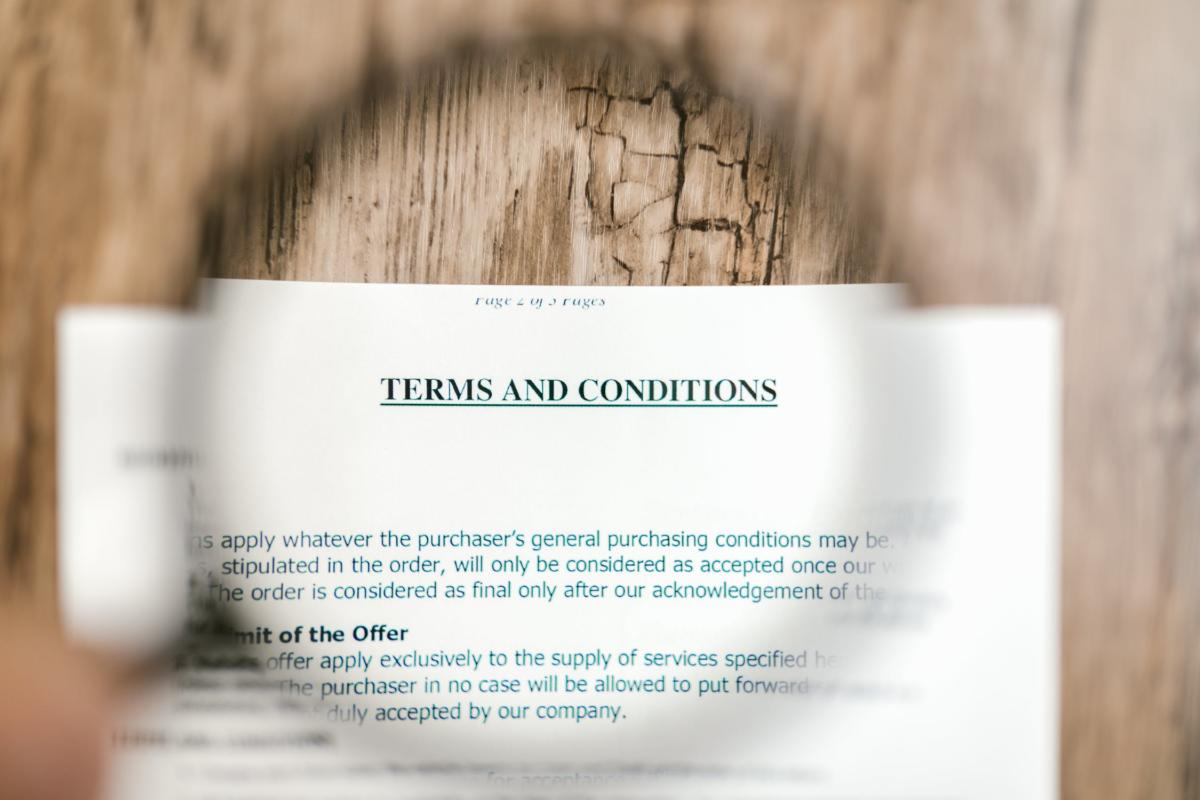When establishing or running a trades business in Australia, it’s important to ensure you’ve met all the legal requirements. Our legal team specialises in helping small businesses and startups with all their legal needs, from contracts to intellectual property protection and privacy. Get in touch today!
Yes, we'd typically recommend having a written contract for every job – regardless of its size or length.
A written contract provides clarity and sets out the expectations and obligations between both parties, which works to reduce the risk of potential disputes. A good contract should cover details including the scope of work involved, agreement payment terms and timelines, and how to handle changes or unforeseen circumstances.
In Australia, specific regulations may apply to contracts in the trades industry including requirements for consumer protection. Having a contract not only protects your business interests but also provides assurance to your clients.
As an employer, you have significant responsibilities under Australian Workplace Health and Safety (WHS) laws to make sure your workplace is safe for all employees, contractors, and visitors.
This includes:
- Identifying potential hazards, and taking steps to eliminate or minimise risks.
- Providing adequate training, supervision, and information about health and safety procedures.
- Ensuring that the working environment and machinery are safe and well-maintained.
- Consulting with employees on health and safety issues, and allowing them to participate in decisions that ipmact their workplace safety.
- Regularly reviewing and updating your safety policies and procedures is key to maintaining a safe working environment.
Complying with WHS laws not only helps you to prevent injuries and illnesses in your workplace, but also reduces the risk of significant financial penalties and legal issues that can arise if your business is found to not be complying with the laws.
Complying with Australian Consumer Law (ACL) is crucial for all Australian businesses, including tradespeople. This means making sure that your services are provided with due care and skill, are fit for any specified purpose, and are delivered within a reasonable time even when there is no agreed end date.
To help you stay compliant, we'd recommend taking the following steps:
- Be transparent about your pricing and any potential additional costs.
- Make sure all advertising or representations about your services are accurate and not misleading.
- Be aware of the warranties that automatically apply to your services, and respect consumers' rights to a remedy if your services are not up to standard under the ACL.
- Keep updated with any changes in the ACL that might impact your business.
- Get the help of a lawyer who can provide you with tailored advice to ensure ongoing compliance.



















